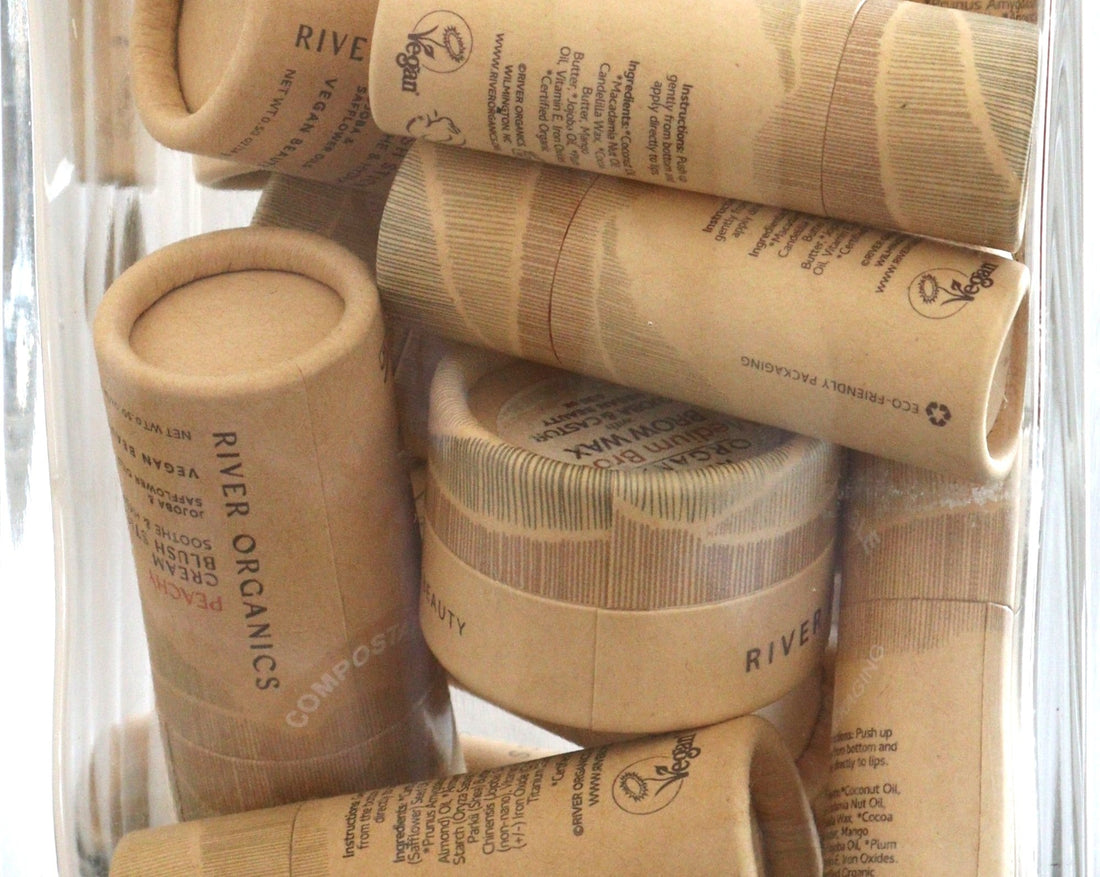
Why We Use Recycled Cardboard (and Not Plant-Based “Plastics” Like Vivomer)
At first glance, new plant-based materials like Vivomer seem like the future of sustainable packaging. They’re made from natural sources and designed to break down at the end of their life a promising alternative to plastic. So why don’t we use them? The short answer: because post-consumer recycled cardboard remains the most sustainable, accessible, and low-impact option available today.
Bioplastics like Vivomer often require specific conditions to decompose properly. While Vivomer claims to be home-compostable, the reality is that only a portion of households can actually compost at home. Many people, especially in cities, simply don’t have the space, equipment, or habit to compost meaning most of this type of packaging still ends up in regular waste streams.
Even when compostable plastics do make it to home compost, they often face challenges. Home composting conditions vary widely in temperature, humidity, and microbial activity, which means materials may take months or years to fully break down, sometimes leaving behind fragments. Many compostable plastics are also mixed with inks, coatings, or additives that slow decomposition or prevent it altogether. In contrast, recycled cardboard is easily broken down in both home and industrial composting and is accepted in virtually every recycling system worldwide.
Our goal has always been to reduce plastic, not replace it. Plant-based “plastic alternatives” still behave like plastic, with limited disposal options and specialized manufacturing needs. Recycled cardboard is simpler: it’s made from recovered paper fibers already in circulation and can go straight into home recycling or compost.
It also has a smaller carbon footprint. Producing biopolymers often requires more energy and chemical processing, while recycled cardboard relies on existing materials and less energy overall. Most importantly, cardboard communicates what it is natural, recyclable, and truly plastic-free. Materials that mimic plastic can confuse customers and end up contaminating recycling streams.
For us, sustainability means transparency, not complexity. We’ll keep following innovations like Vivomer, but for now, recycled cardboard remains the clearest path toward genuinely low-waste, easily recyclable packaging that everyone can actually recycle or compost at home.
